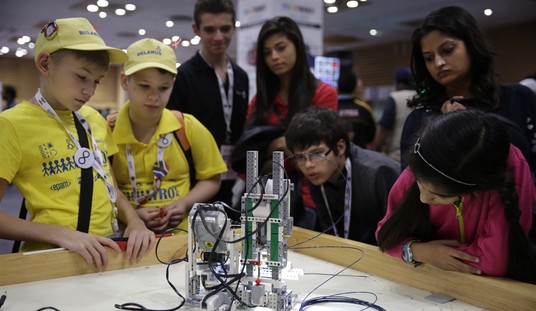ARLINGTON, Va., Jan. 30, 2014 – For Army Sgt. Matthew Mortensen, a member of the New York Army National Guard’s 1156th Engineer Company, years of training have finally paid off: he will be competing in the 2014 Winter Olympics in Sochi, Russia.
Mortensen, 28, who enlisted in 2010, secured his spot on the U.S. Olympic luge team when he and fellow Army athlete Sgt. Preston Griffall earned a ninth-place finish in the doubles event at the Luge World Cup Dec. 13, 2013, at Utah Olympic Park in Park City, Utah.

For Mortensen, the journey to the Olympics has taken more than half of his life.
“I have been actively trying to make this Olympic team for 16 years now,” he said.
Mortensen became attracted to luge at a relatively young age.
When he was about 11 years old, his father worked for a company that sponsored the U.S. luge team. He would visit his father at work and see posters for the team in the office. It was then that Mortensen said he knew what he wanted to do and after hearing radio commercials about tryouts for a luge team, his dad asked him if he wanted to go.
“It seemed like something fun to do on a Saturday,” Mortensen said, “so we went and gave it a try.”
More than 16 years later, Mortensen said he has a sense of relief and fulfillment after qualifying for his first Olympic appearance.
“I could not believe that I was actually going to go.”
Mortensen credits his military training with helping him reach his goal of becoming an Olympian.
Being competitive at this level of sport takes commitment, motivation, and hard work, Mortensen said. And he was up to that challenge.

“It is something that has made me push myself to the absolute maximum of my capabilities every year to maximize my chances of attaining my goal of going to the games.”
Training for the Olympics, he said, is a year-round practice with little time off.
“A typical day of training during the season consists of three hours at the track, video review of our runs, and two hours in a weight-lifting gym,” His off-season training consists of weight lifting, sprints and use of an indoor refrigerated start facility that stays iced during the summer.
Mortensen said luge competition has its pluses and minuses.
“My favorite part of the sport is the speed and the competition,” he said. “I like the feeling that my body gets before each and every run and when I compete. It is a pure adrenaline rush. There is nothing that can quite compare.”
One of the downsides is having a bad race.
“I am a perfectionist at everything I do. Even if I go slow in a race, I can come to terms with it if I had good runs. When I have bad runs, I am hard on myself and it affects my attitude.”
Seeing the world in a different light is one reward of being on the Olympic luge team, he said.
“You get to see the world, observe and take part in different cultures and learn so much through the years.”
As a soldier, an athlete, and as an individu








Join the conversation as a VIP Member